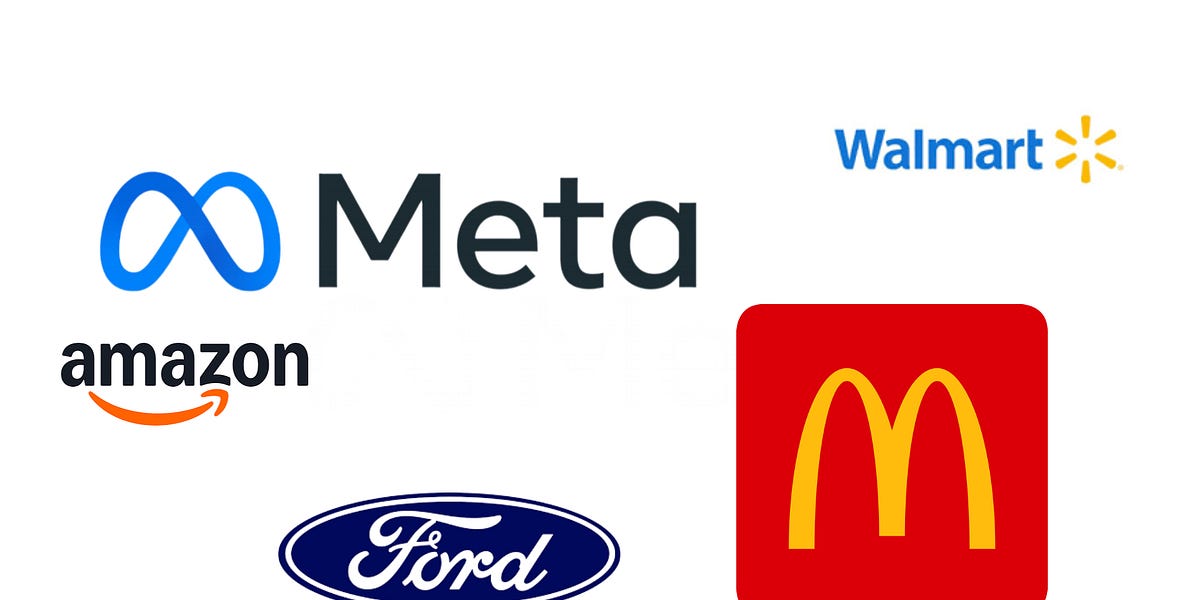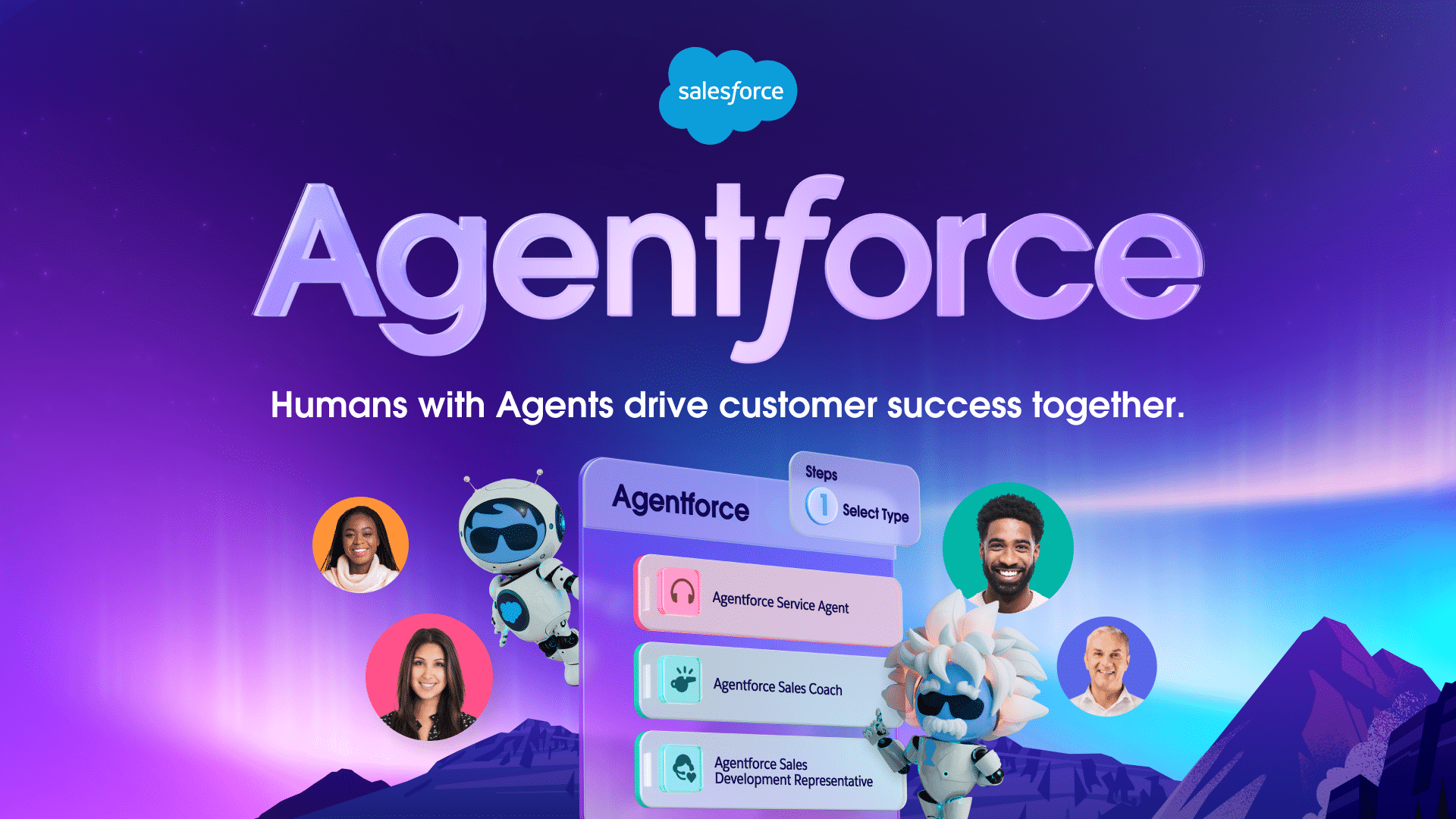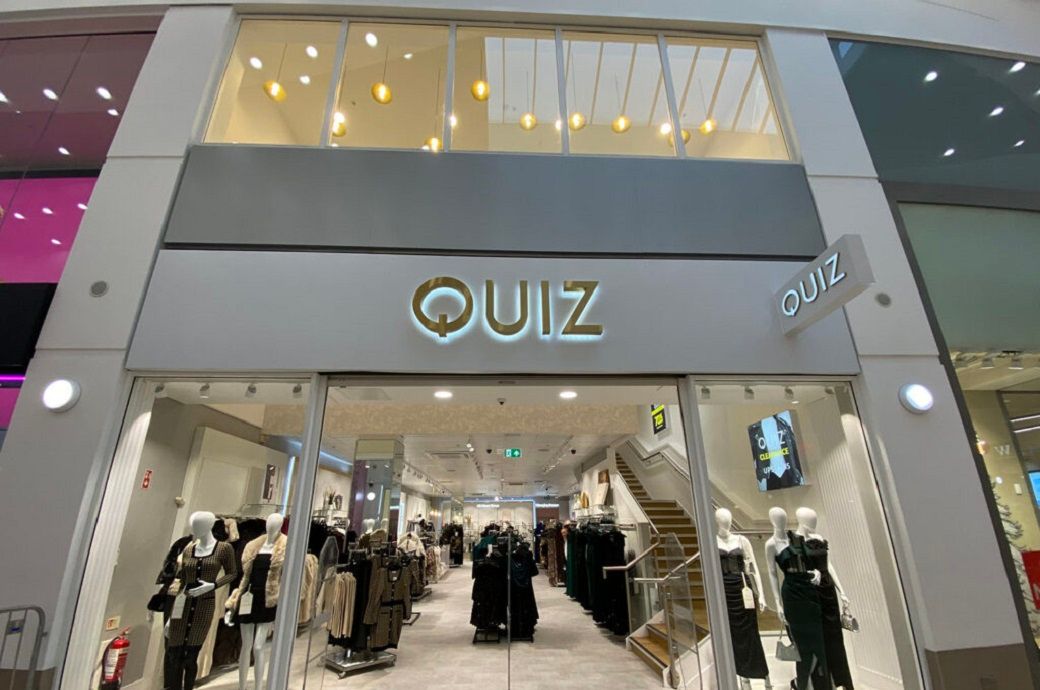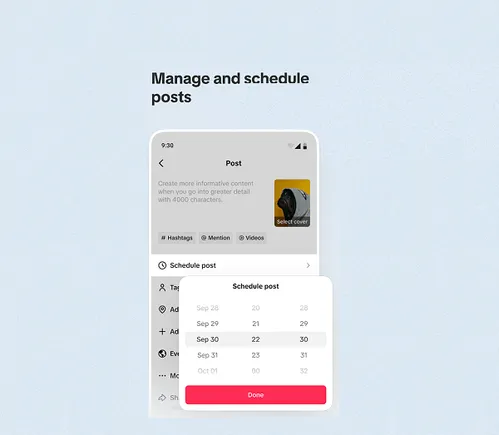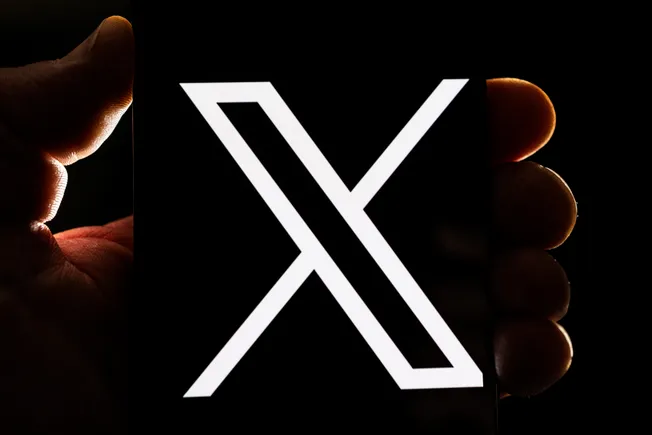What has happened since the closing of the Argo AI mobility startup in Pittsburgh illustrates why the traditional Iron City has become one of the strongest tech havens in the heartland and has left behind its historic perception as the buckle of the Rust Belt.
Ford and Volkswagen decided to shutter their self-driving joint venture last fall because they believed truly autonomous vehicles had receded further into the future than projected not long ago, and they wanted to redeploy those resources.
But instead of landing like a body blow on Argo AI’s founders and its 2,000 mostly Pittsburgh-based workers, the city and its burgeoning robotics ecosystem absorbed the automakers’ move more like the closure of a single tech startup would have been encountered by a Silicon Valley or an Austin. Argo’s co-founders simply launched another self-driving startup in Pittsburgh, and Ford soon founded its own new startup there, Latitude AI, to boost development of automated-driving technologies that will benefit its vehicles in the near term.
“We’ve gone through the hype section of the market curve for mobile autonomy, and maybe we’re in a bit of a trough of disillusionment, but we’re starting to properly re-set expectations,” Joel Reed, president of the Pittsburgh Robotics Network, told Chief Executive. “More companies now are talking about the value proposition for customers and the economic returns for companies that are adopting this technology.”
Indeed, as industries re-orient themselves around the changing promises of driverless vehicles, they’re doing much of it in Pittsburgh. And the reason is the city has spent decades establishing itself as a world mecca for robotics technology and applications that has matured to the point where it can digest the disappointment of Argo AI and transform it into new kinds of opportunity.
The key for Pittsburgh’s development into a robotics center has been the presence of Carnegie-Mellon University, a historic redoubt of technology that continues to evolve successfully; among its current distinctives is that it offers the nation’s No. 1 graduate-degree program in artificial intelligence, according to Reed. CMU also brings in nearly $200 million in R&D funds each year, spins off startups, and graduates 10,000 to 14,000 people annually in technologies that are relevant to Pittsburgh’s specialty as an automation hub.
“A lot of companies have set offices in Pittsburgh to access this talent, and they’re projecting a need for a lot more talent,” Reed said. “If someone is going to develop a career in robotics, they need to be participating in what’s happening in Pittsburgh.”
The city, of course, once enjoyed a different kind of economic prosperity: It was the center of the American steel industry, and a half-century ago, Pittsburgh hosted one of the largest concentrations of Fortune 500 headquarters of any U.S. city, with as many as two dozen. Now, Pittsburgh boasts fewer than half that number, but it’s got more robotics startups than perhaps anywhere else.
“In the last 20 years, Pittsburgh has seen a resurgence across the entire tech sector,” Reed said. “There’s been a purposeful effort by economic-development leaders, leaders at the state level and those at major universities to create an entrepreneurial environment. That has really helped attract a lot of capital and created an entrepreneurial ecosystem not just in robotics but in energy, general infotech, and other areas.”
Read more Best & Worst States:
The big question: Would the Sunshine State’s running battle with Disney impact its reputation among business leaders? The answer: It doesn’t seem so—as Florida and Texas top this year’s list.
Recession? What recession? Our annual CEO survey of the Best and Worst States for Business finds relentless activity all across America, fueled by the still-hot economy, foreign capital and the gold rush for EVs and chips.
Indiana’s lifestyle initiative. Commerce Secretary Chambers focuses on developing industries of the future and on giving many locales the tools.
Complete Coverage: Best & Worst States for Business 2023 >







